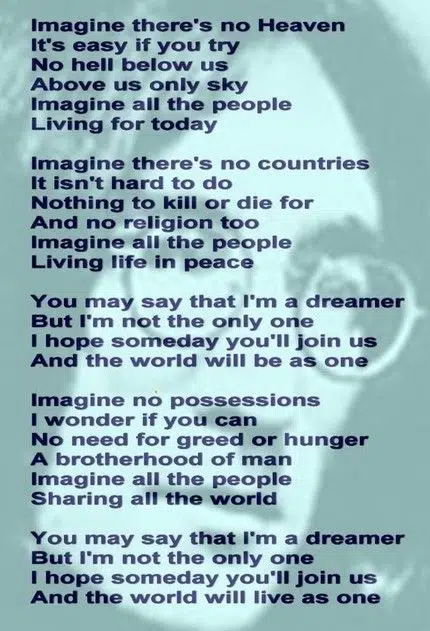
“We are often not conscious of what we are requesting” says Marshal Rosenberg in the book Non-violent communication: a language of life.
There is a story of couple in a mini-train that carries passengers to their respective terminals at an airport. Most passengers who are in a hurry to catch a plane were irritated at the snail’s pace of the train. The man turned to his wife and said with intensity: “I have never seen a train go so slow in all my life.” The wife said nothing appearing tense and uneasy as to what response he might be expecting from her. He then repeated himself in a stronger voice. The wife at a loss for response, looked even more distressed and then turned to him and said: “They’re electronically timed”. This piece of information didn’t help in anyway as he repeated himself a third time, even more loudly: “I have never seen a train go so slow in all my life!” The wife’s patience clearly exhausted snapped back: “Well what do you want me to do about it? Get out and push?” Now there were two people in pain!
I found myself in a scenario where I was not conscious of what I was requesting. I am the kind of person who likes to wake up ever so slowly, to John Lennon’s peaceful words of “Imagine”, which happened to be my alarm. My other half on the other hand, do not like alarms, beeps or bells going off and has an urge to nuke them immediately. This involves his jumping out of bed, at least that’s how it feels to me, with the first sound of the alarm (which is not Lennon’s soothing voice) and rush across the room to turn it off. This scene makes my heart beat so fast and I find myself irritated at times. But like the man on the slow train, I would often make comments like “you jump up so fast” – leaving the other wondering how to respond.
I would have saved myself from some discomfort, if I just said what I wanted was to choose a more soothing alarm and have the phone on the night stand right next to the bed. This way one can just reach over and mute John Lennon! Peace is restored.
When we simply express our feelings, it may not be clear to the listener what we want them to do. As in my case, the other party had no idea what was wrong.
What I have learned is that focusing on my connection with the other and on what I truly want rather than on what is wrong can defuse anger and frustration more peacefully.
Praying to be kind – Dana Faulds
I used to think that
being smart, successful,
and accomplished was
the key. And then I
believed that being a
disciplined seeker would
open the doors to divinity.
Now it seems to me all
that really matters is
being kind – kind to my
stumbling, imperfect self,
kind to every other being
I meet along the way.
I pray for the rough edges
of my judgment to be
smoothed so what remains
is kindness and acceptance
of this unfolding moment.
Inside this kindness may I
find truth and may truth
illumine my way today
